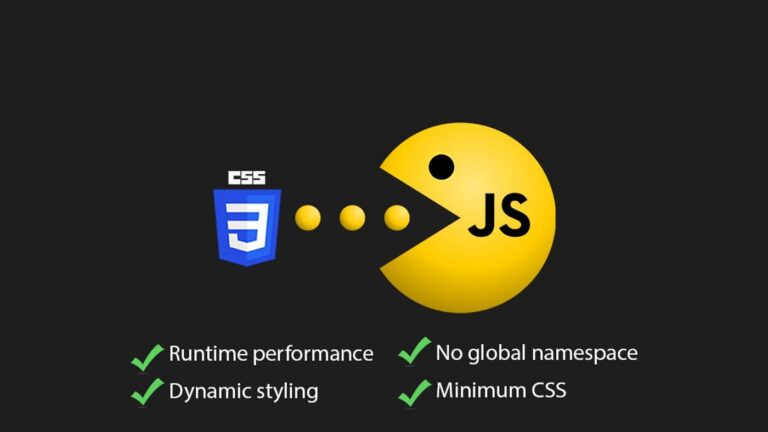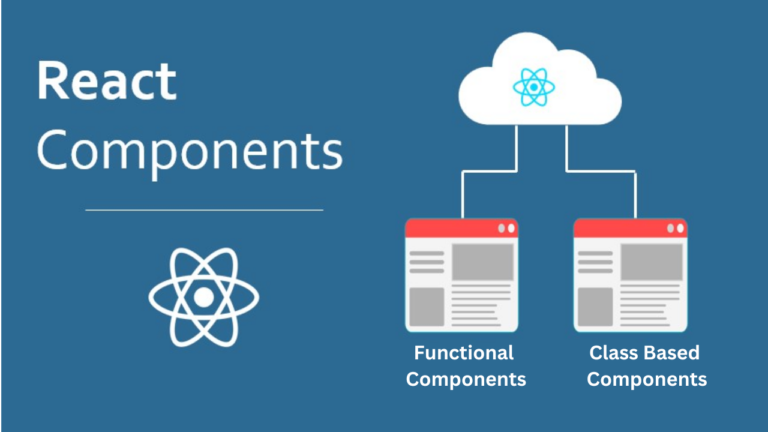When we first started working with a small business, the owner was excited but anxious. Her website was buried deep in search engine results, and foot traffic was lacking. The owner reached out to us to learn the SEO basics for small business websites. Through targeted strategies and a clear plan, we transformed her online presence, resulting in a significant increase in website visitors and customers. If you’re a small business owner, understanding SEO can be the key to more customers.
Why SEO Matters for Small Businesses
SEO, or Search Engine Optimization, involves optimizing your website to rank higher in search engine results. For small businesses, effective SEO can lead to increased visibility, more traffic, and ultimately, more sales. Here are the key components of SEO you need to know.
1. Keyword Research
Keyword research is the cornerstone of SEO. It involves identifying the terms and phrases that potential customers are searching for related to your products or services. Start by using tools like Google Keyword Planner and Ubersuggest to find relevant keywords for your business. Focus on long-tail keywords, phrases with three or more words, that have lower competition but high intent. Incorporating these keywords naturally into your website content can help attract the right audience.
2. On-Page SEO
On page SEO refers to optimizing individual pages on your website. This includes several elements:
- Title Tags: Each page should have a unique title that includes your primary keyword. For example, if you run a coffee shop, you might optimize your product pages with titles like “Freshly Brewed Coffee.”
- Meta Descriptions: These short summaries appear under your page title in search results. A compelling meta description that includes keywords can improve click through rates. Craft engaging descriptions that highlight your unique offerings.
- Header Tags: Use header tags (H1, H2, H3) to structure your content. The H1 tag should include your main keyword and serve as the main title for the page, while H2 and H3 tags can break down sections of your content.
- Image Alt Text: Search engines can’t interpret images, so using alt text helps describe them. Add descriptive alt text to your images to improve both accessibility and SEO.
3. Quality Content
Creating high-quality, valuable content is important for SEO. Search engines prioritize websites that provide useful information. Start a blog or resource section on your site, sharing tips and insights related to your industry. Regularly updating your website with fresh content signals to search engines that your site is active, positively impacting your rankings.
4. Mobile Optimization
With a significant portion of web traffic coming from mobile devices, ensuring your website is mobile-friendly is essential. A responsive design automatically adjusts to different screen sizes, providing a better user experience. This is critical for retaining visitors and improving your SEO rankings.
5. Local SEO
For small businesses, local SEO is necessary. This strategy focuses on optimizing your online presence to attract customers in your area. Register your business on Google My Business to appear in local search results. Include your address, phone number, and hours of operation to make it easy for local customers to find and contact you.
Encouraging satisfied customers to leave reviews on Google and Yelp can also enhance your local rankings and build trust with potential clients.
6. Backlinks
Backlinks are links from other websites to yours and are a critical factor in SEO. They signal to search engines that your site is credible and trustworthy. Reach out to bloggers and influencers in your industry, offering collaborations or samples in exchange for reviews or features. This strategy not only garners valuable backlinks but also increases your visibility within your niche.
7. Track Your Progress
Monitoring your website’s performance is important for understanding the effectiveness of your SEO efforts. Tools like Google Analytics and Google Search Console provide insights into your traffic sources, user behavior, and keyword rankings. Regularly check these metrics to identify which strategies are working and where you can improve.
Conclusion
Understanding the SEO basics for small business websites is essential for improving your online presence and attracting customers. By focusing on keyword research, on-page SEO, quality content, mobile optimization, local SEO, building backlinks, and tracking your progress, you can elevate your website’s performance. Investing in your website’s SEO today can lead to increased visibility, traffic, and ultimately, success for your small business. Your future customers are searching for you, make sure they can find you!






